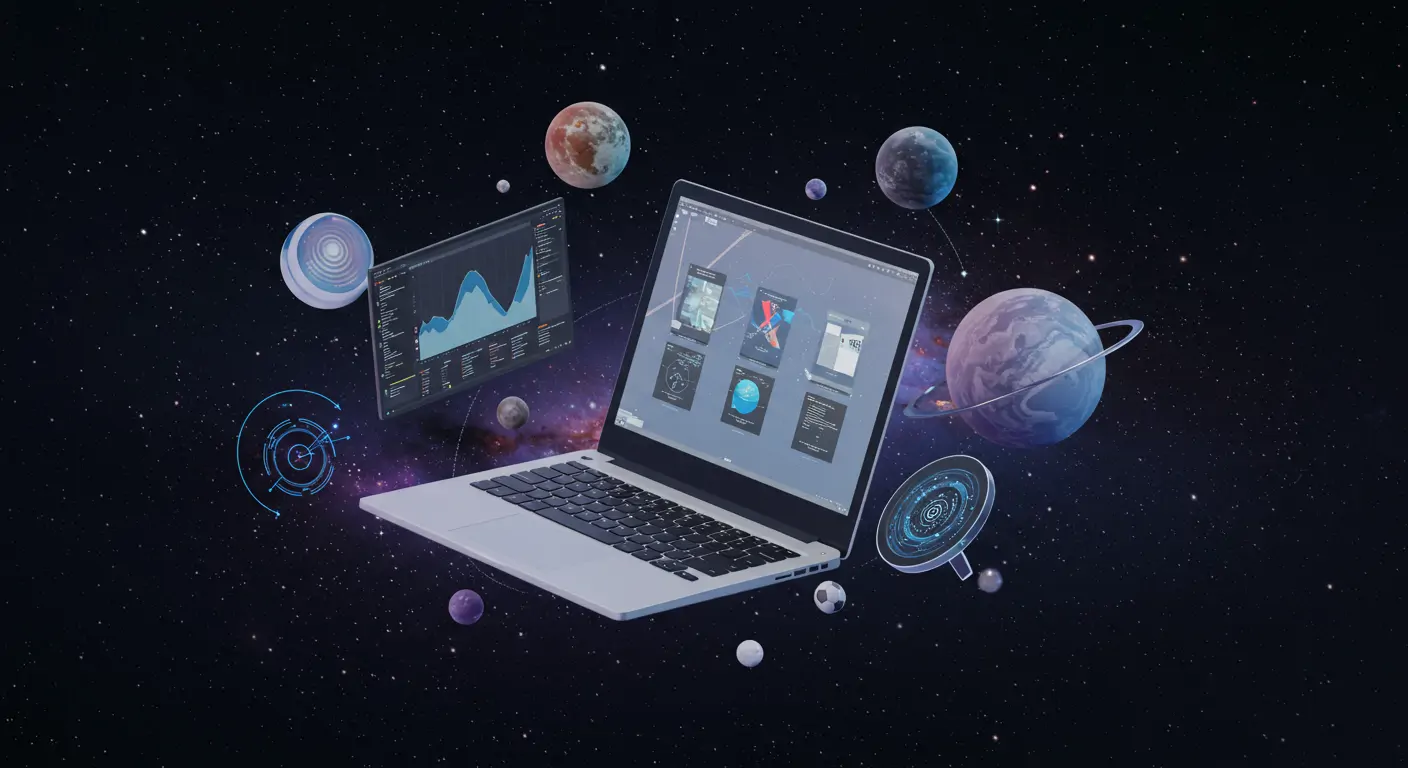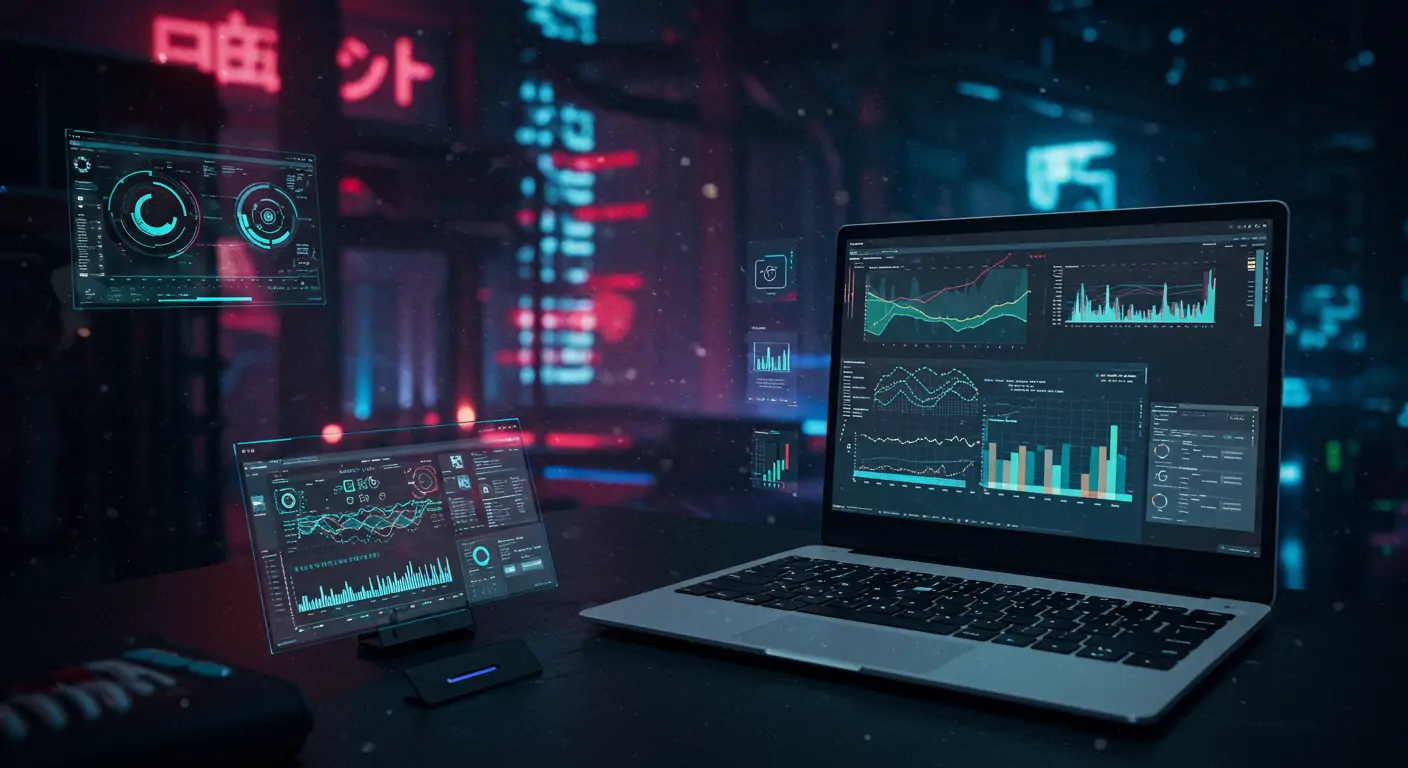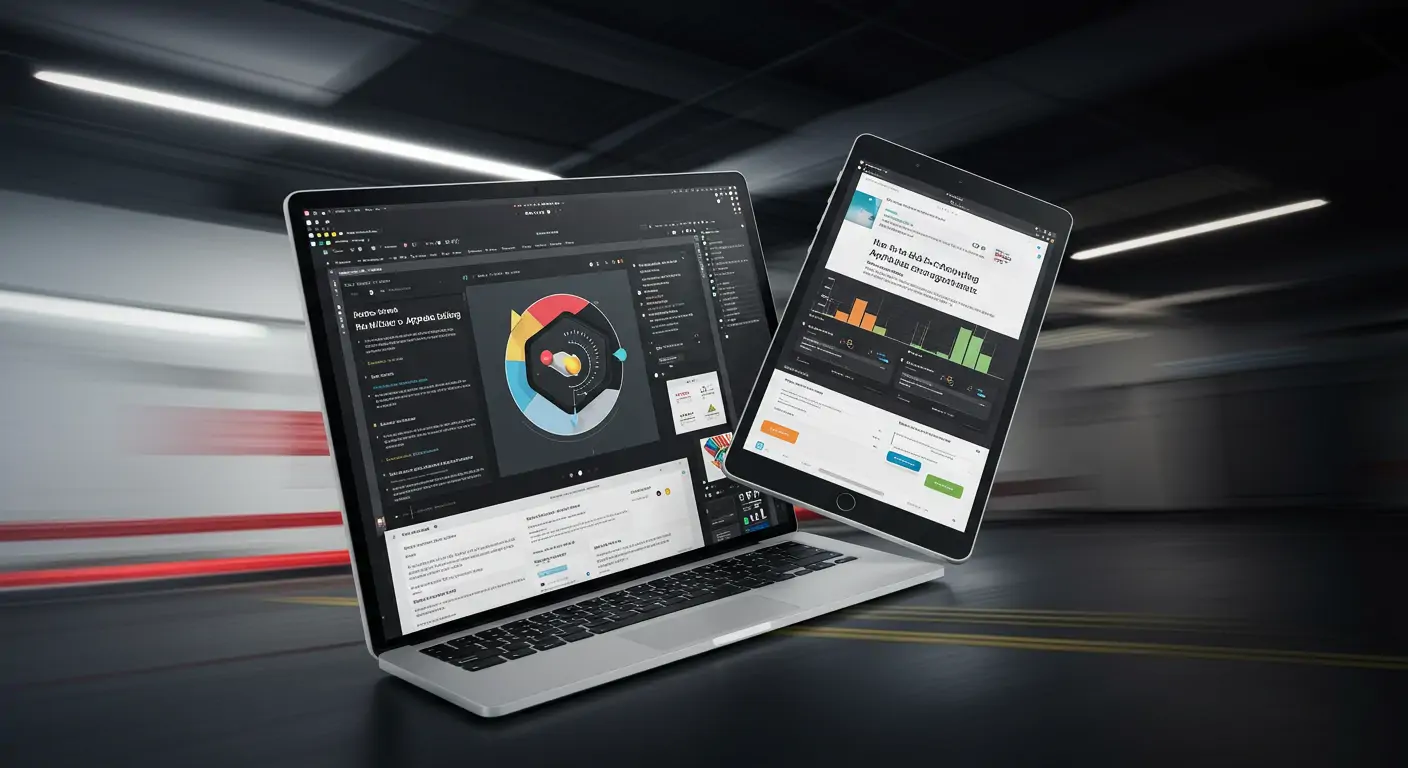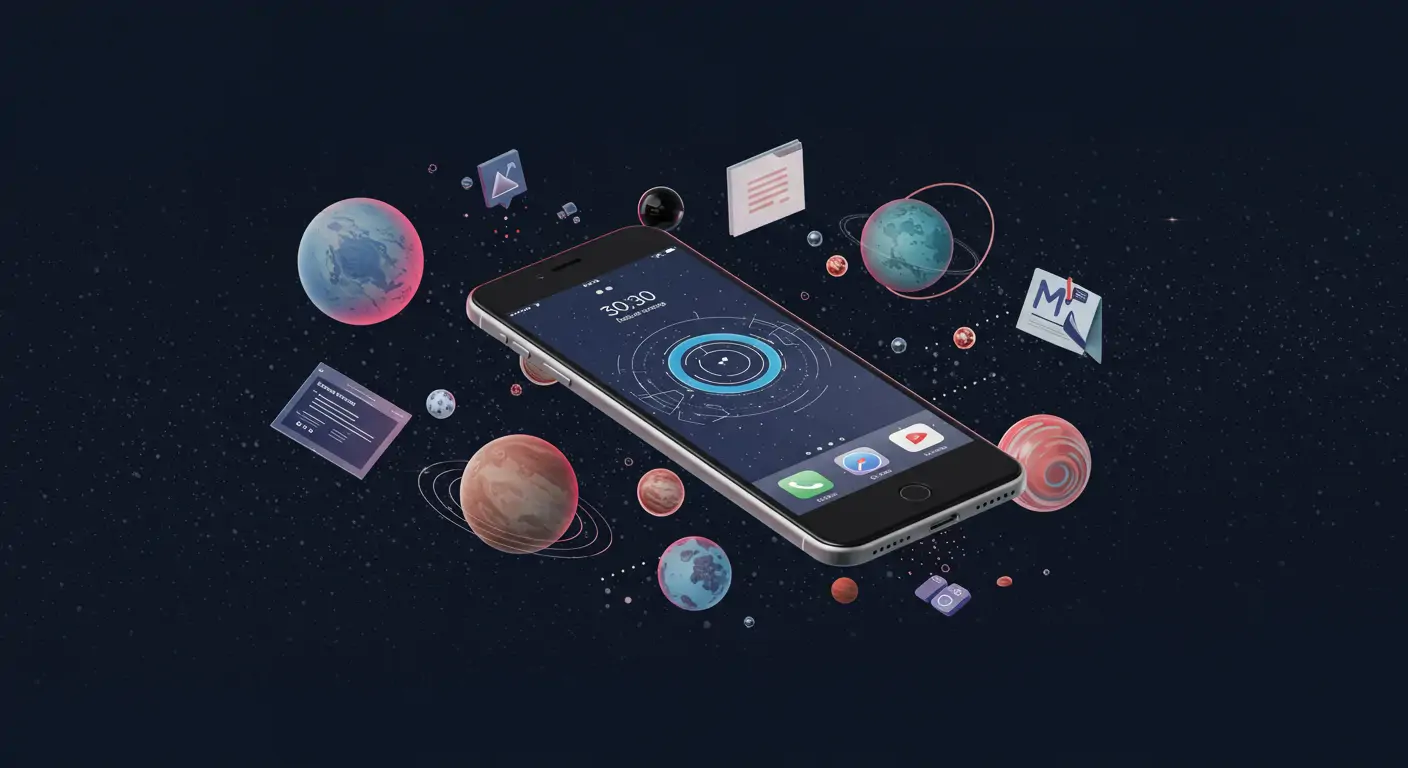Introduction: Why This Matters Now
In 2025, the app development landscape is undergoing a seismic shift due to the rise of generative AI agents. Recently, OpenAI's Codex-generated applications have reduced development time by up to 70%, a stunning advancement compared to traditional methods. This trend signifies a critical transformation in the tech industry, simplifying app development processes while enhancing innovation capacity. Developers, businesses, and investors are all affected as they navigate this new digital frontier.
The Current State: What's Happening Right Now
As of 2025, companies like OpenAI, Google, and Microsoft are leading the charge in integrating generative AI into app development. OpenAI's Codex, launched in late 2024, has already been adopted by 40% of Fortune 500 companies to automate coding tasks. Similarly, Google's App Maker AI, introduced in January 2025, is being used by over 10,000 developers, significantly speeding up prototyping phases. The global market size for generative AI in software development is projected to reach $13.2 billion by the end of 2025, highlighting its rapid adoption and the failing viability of traditional development approaches, which struggle with longer timelines and higher costs.
Key Drivers: What's Fueling This Trend
Driver 1: Economic Efficiency
The economic benefits of generative AI are substantial. Companies report up to 35% reduction in development costs, primarily by automating repetitive coding tasks. This economic efficiency appeals to startups and large enterprises alike, driving adoption.
Driver 2: Technical Advancements
Recent breakthroughs in machine learning models, specifically OpenAI's GPT-4, have enabled more sophisticated AI coding assistants. These models can now comprehend complex requirements and autonomously generate complete applications, a feat unachievable just a few years ago.
Driver 3: Workforce Optimization
With AI handling mundane tasks, developers focus on strategic design and architecture, leading to more innovative applications. In 2025, companies report a 40% increase in workforce productivity, as engineers leverage AI to manage routine tasks.
Caption: Data visualization
Real-World Impact & Case Studies
Case Study 1: Microsoft
- Microsoft leveraged GPT-4 based AI to overhaul their Office Suite application development, reducing new feature deployment time from months to weeks. By March 2025, they achieved a 60% increase in application updates, enhancing user experience significantly.
- Key lesson: Strategic use of AI can dramatically accelerate feature rollout, providing a competitive edge.
Case Study 2: StartUp AI
- This Silicon Valley startup used generative AI to develop an entire platform for small businesses in just three months, a task that typically takes a year. Their user base grew by 150% in the first quarter of 2025.
- Key lesson: Speed to market is crucial, and generative AI provides that competitive advantage.
Industry Implications
For Developers
- Mastering AI-based tools like Codex and Google's App Maker is becoming essential.
- New career paths are opening, focusing on AI-augmented development skills.
For Businesses
- Strategically integrating AI into development processes is now a necessity.
- Businesses can achieve quicker time-to-market and enhanced innovation.
For Investors
- Investments in AI-driven tech startups are more attractive, given their potential for high returns.
- However, market volatility remains a risk, with rapid tech changes challenging stability.
Challenges & Criticisms
Despite its promise, generative AI faces skepticism. Critics argue that reliance on AI could lead to a devaluation of human intuition and creativity in coding. There are also concerns about job displacement, as AI takes over more routine tasks. Furthermore, the possibility of AI-generated code vulnerabilities poses a risk, with security experts urging caution.
Future Outlook: What's Next
In the next 6-12 months, expect further refinement of AI models, improving their accuracy and reliability. By 2027, generative AI is predicted to automate 50% of all coding tasks, reshaping the development industry. Companies should focus on upskilling their workforce and integrating AI solutions into their operations to remain competitive.
Frequently Asked Questions
- What is generative AI? Generative AI refers to AI systems that can create content such as text, code, images, or audio.
- How can businesses adopt generative AI? Start by integrating AI tools in specific departments and gradually expand usage.
- Will AI replace developers? AI will augment, not replace, developers by handling routine tasks and freeing them for strategic work.
- What are the risks of using AI in development? Potential risks include security vulnerabilities in AI-generated code and job displacement.
Conclusion: Key Takeaways
- Generative AI is transforming app development by significantly reducing time and costs.
- Developers, businesses, and investors need to adapt to this shift to maintain competitive advantage.
- Security and ethical considerations still play a crucial role in AI implementation.
- Preparing for the future involves upskilling and strategic AI integration.
To learn more, visit industry-leading AI conferences or explore specialized courses in AI technologies for app development.




